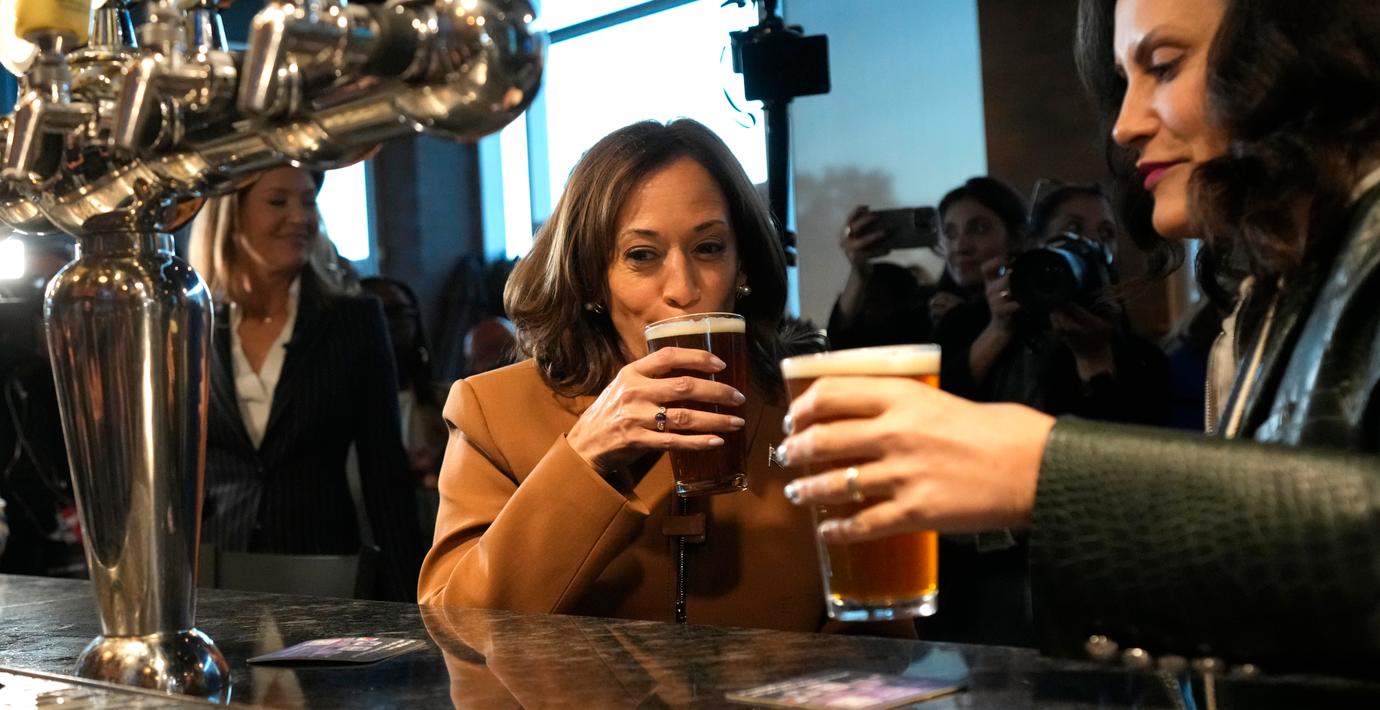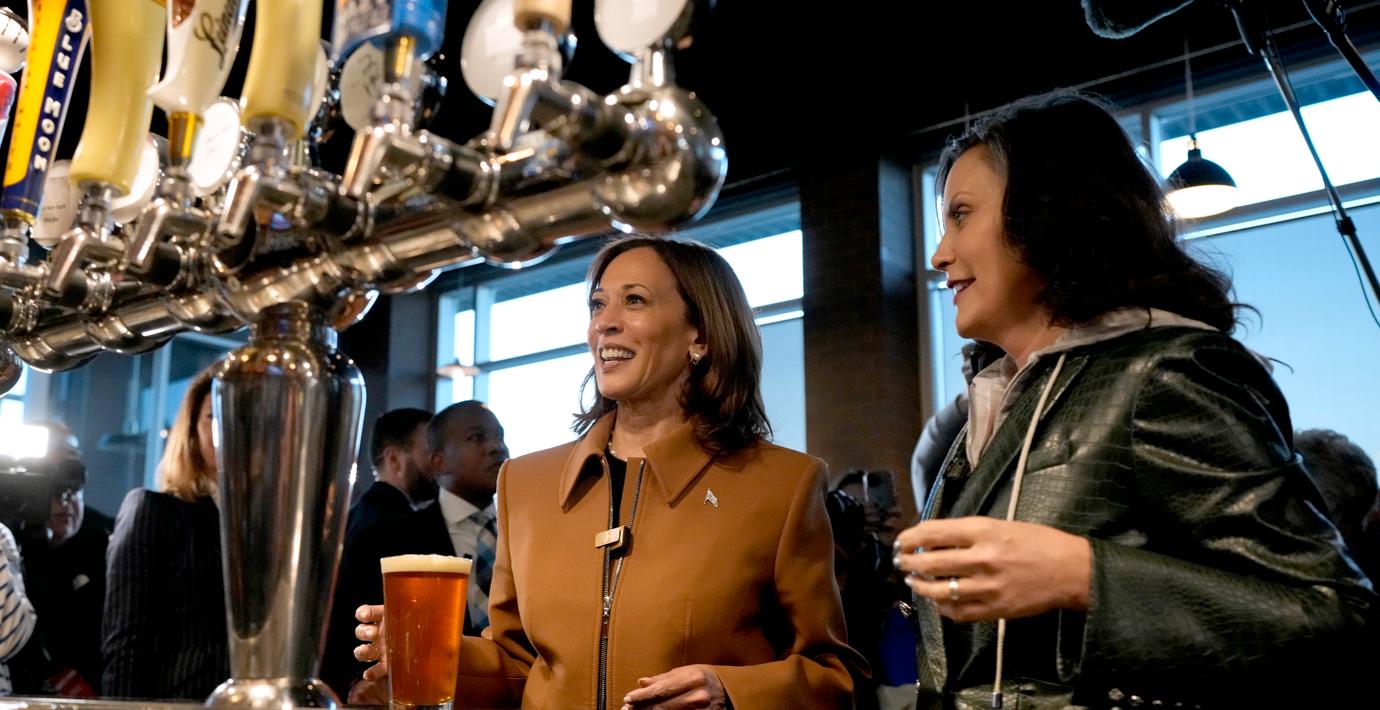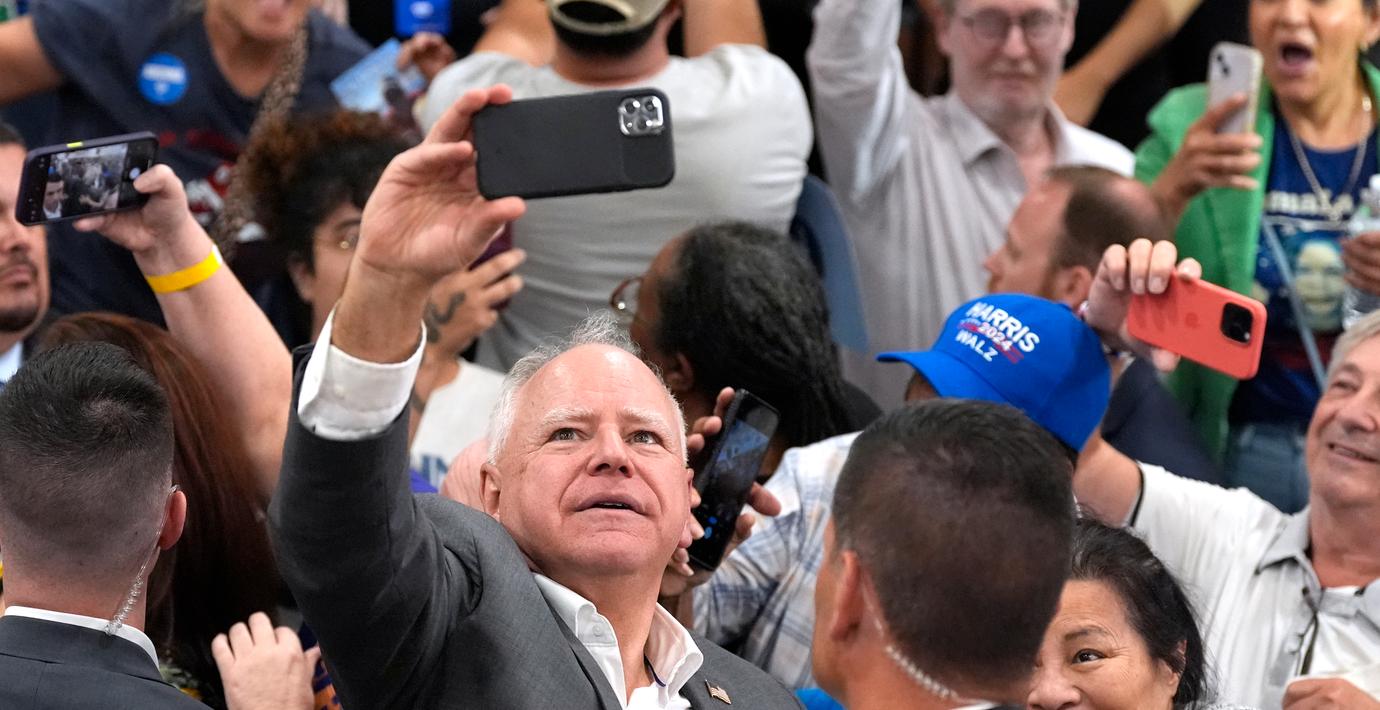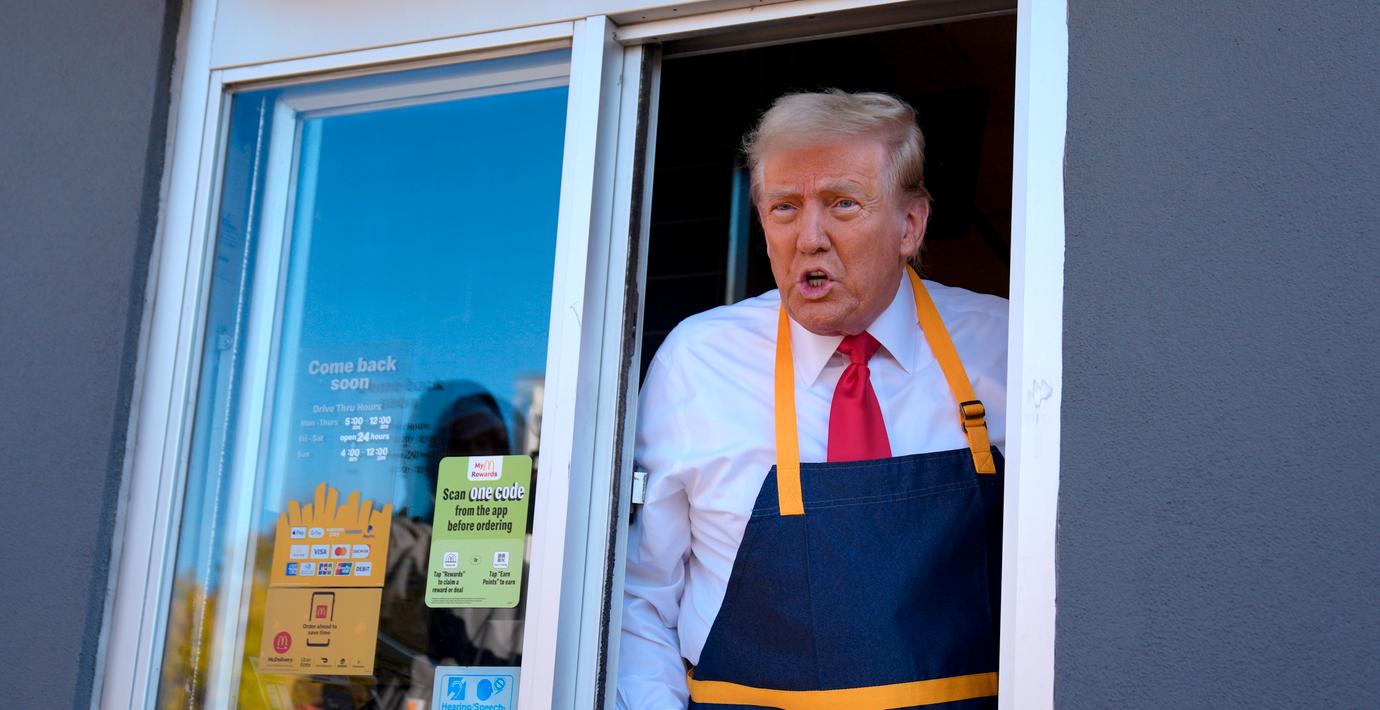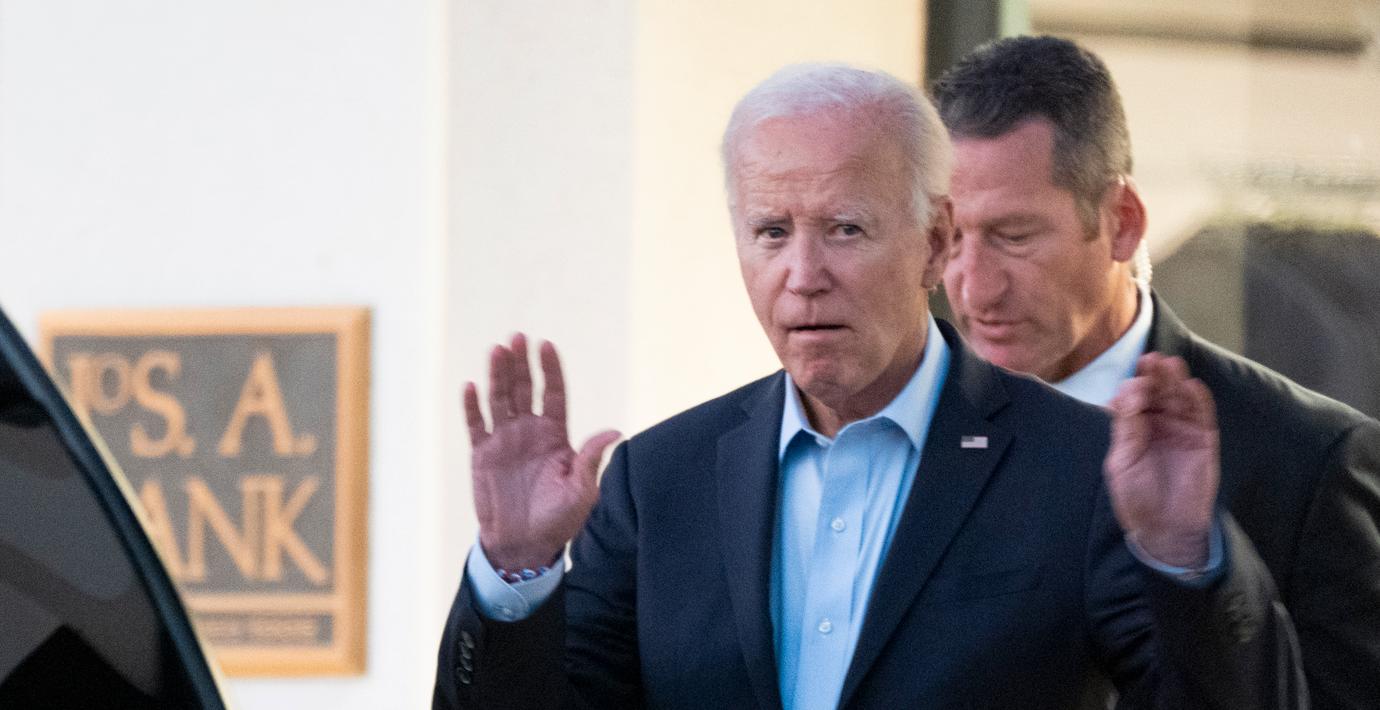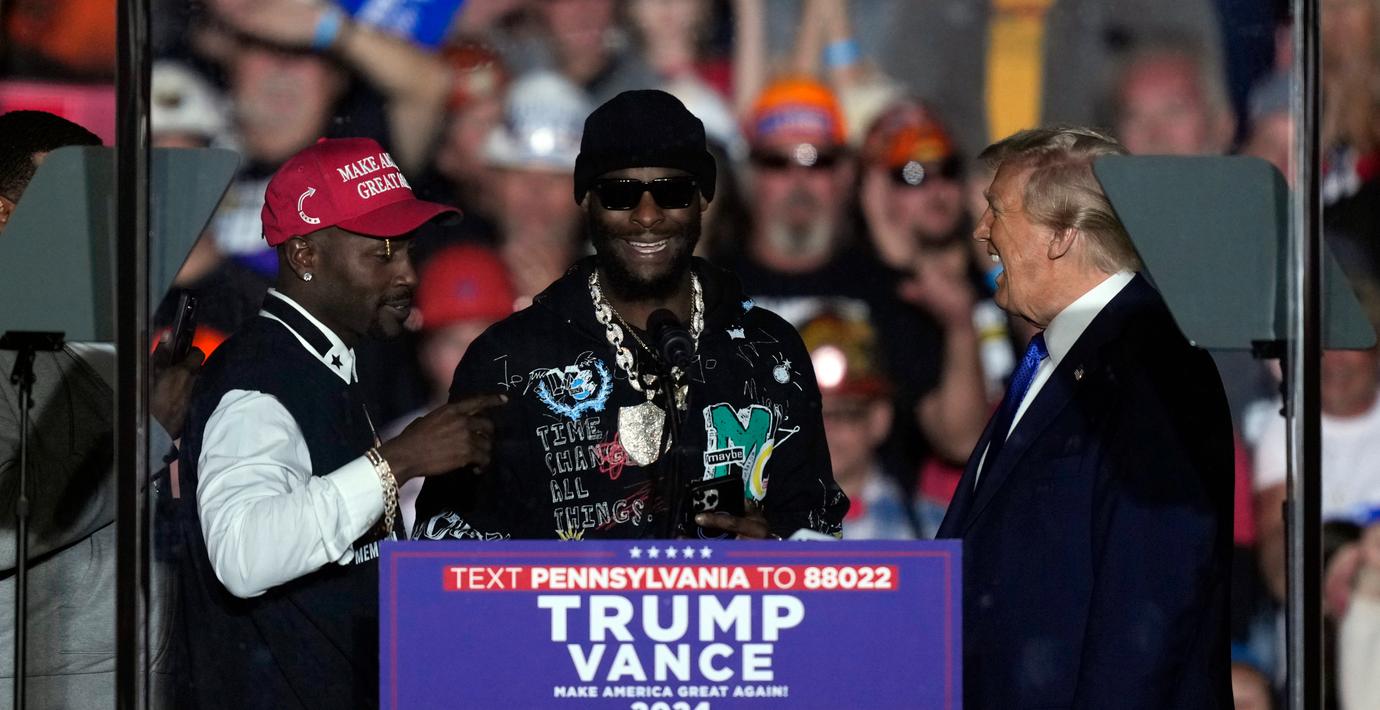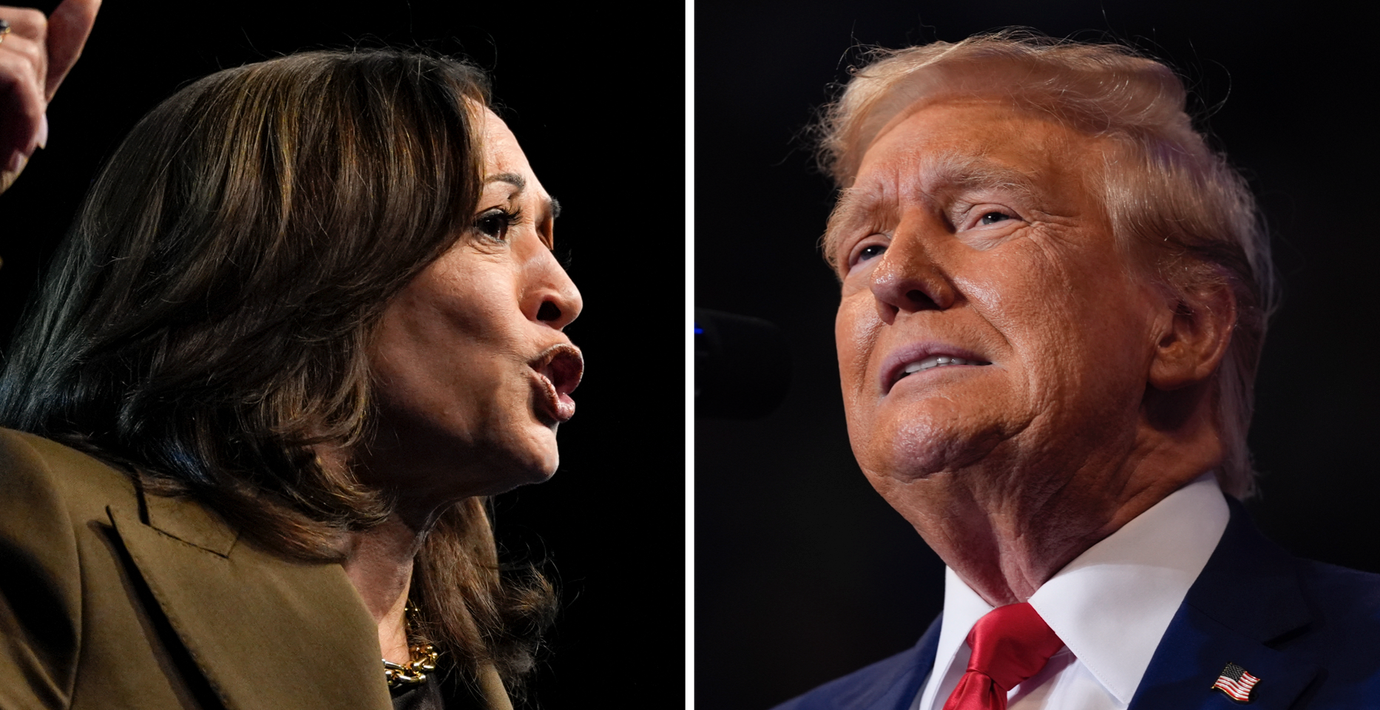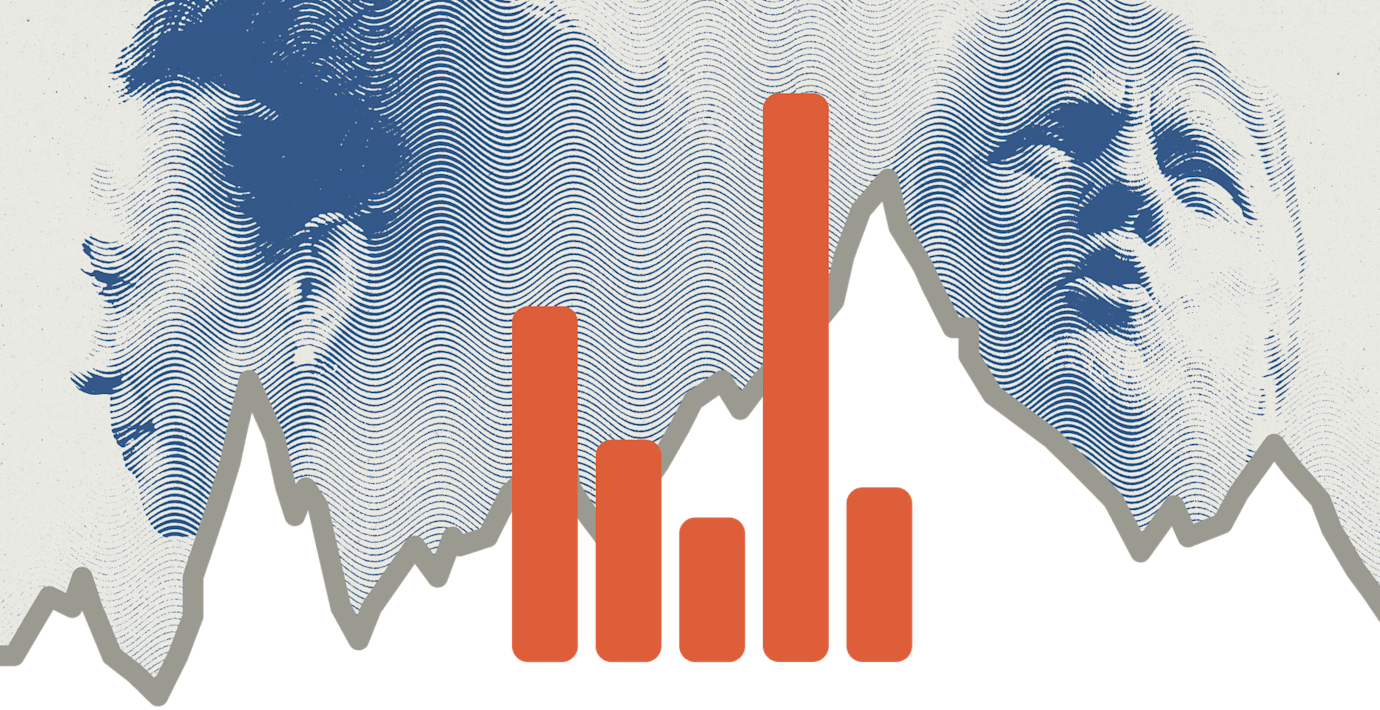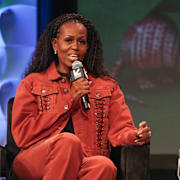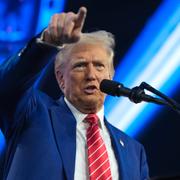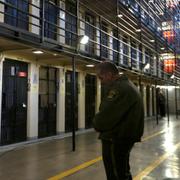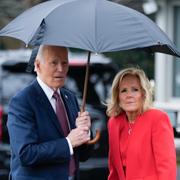bakgrund
Så fungerar elektorsystemet i USA
Wikipedia (en)
In the United States, the Electoral College is the group of presidential electors that is formed every four years during the presidential election for the sole purpose of voting for the president and vice president. The process is described in Article II of the U.S. Constitution. The number of electoral votes a state has equals its number of Senators (2) plus its number of Representatives in the House of Representatives, the latter being dependent on the Census's reported population. Each state appoints electors using legal procedures determined by its legislature, equal in number to its congressional delegation (representatives and 2 senators) totaling 535 electors in the 50 states. The Twenty-third Amendment from 1961 granted the federal District of Columbia three electors, bringing the total number of electors to 538. Federal office holders, including senators and representatives, cannot be electors. Of the current 538 electors, a simple majority of 270 or more electoral votes is required to elect the president and vice president. If no candidate achieves a majority there, a contingent election is held by the House of Representatives to elect the president and by the Senate to elect the vice president.
The states and the District of Columbia hold a statewide or district-wide popular vote on Election Day in November to choose electors based upon how they have pledged to vote for president and vice president, with some state laws prohibiting faithless electors. All states except Maine and Nebraska use a party block voting, or general ticket method, to choose their electors, meaning all their electors go to one winning ticket. Maine and Nebraska choose one elector per congressional district and two electors for the ticket with the highest statewide vote. The electors meet and vote in December, and the inaugurations of the president and vice president take place in January.
The merit of the electoral college system has been a matter of ongoing debate in the United States since its inception at the Constitutional Convention in 1787, becoming more controversial by the latter years of the 19th century, up to the present day. More resolutions have been submitted to amend the Electoral College mechanism than any other part of the constitution, with 1969–70 as the closest attempt to reform the Electoral College.
Supporters argue that it requires presidential candidates to have broad appeal across the country to win, while critics argue that it is not representative of the popular will of the nation. Winner-take-all systems, especially with representation not proportional to population, do not align with the principle of "one person, one vote". Critics object to the inequity that, due to the distribution of electors, individual citizens in states with smaller populations have more voting power than those in larger states. Because the number of electors each state appoints is equal to the size of its congressional delegation, each state is entitled to at least three electors regardless of its population, and the apportionment of the statutorily fixed number of the rest is only roughly proportional. This allocation has contributed to runners-up of the nationwide popular vote being elected president in 1824, 1876, 1888, 2000, and 2016. In addition, faithless electors may not vote in accord with their pledge. A further objection is that swing states receive the most attention from candidates. By the end of the 20th century, electoral colleges had been abandoned by all other democracies around the world in favor of direct elections for an executive president.:215
